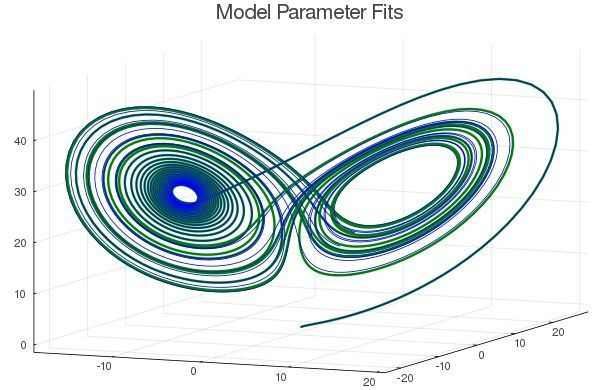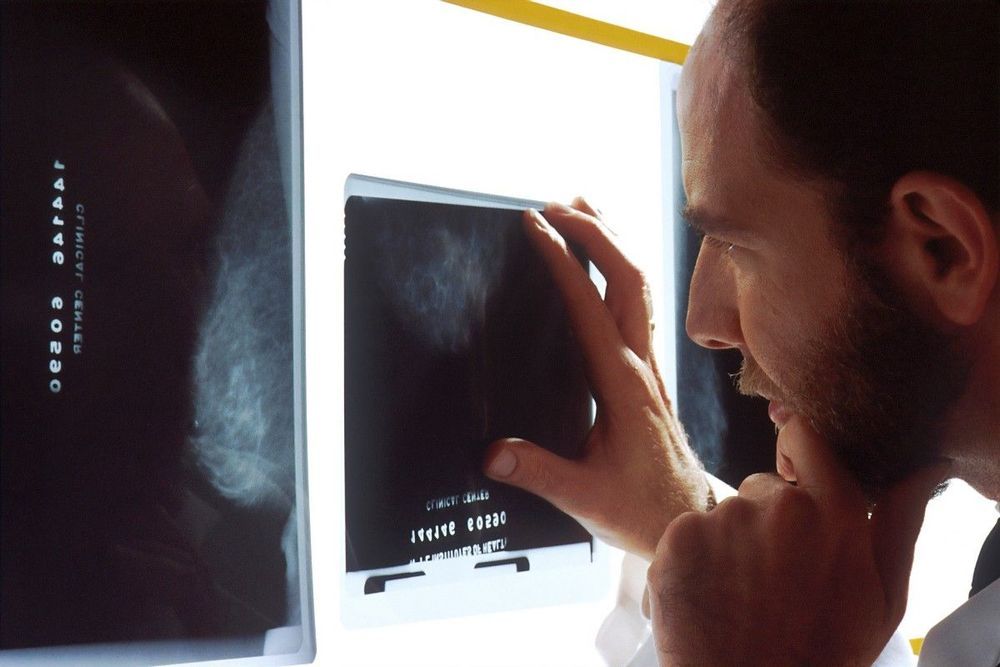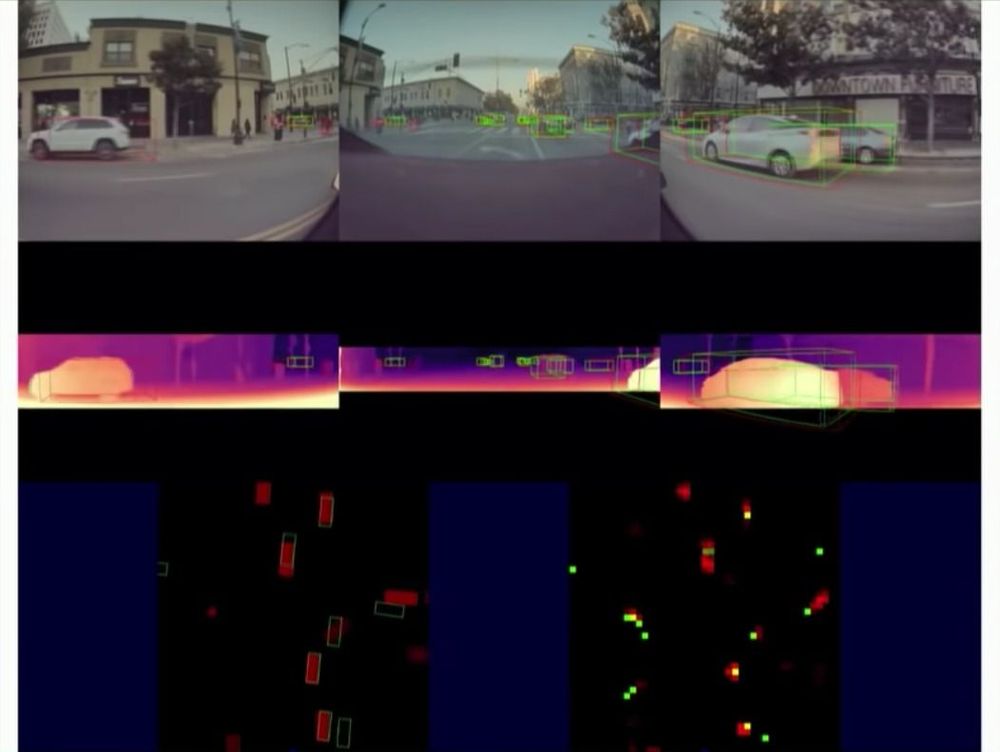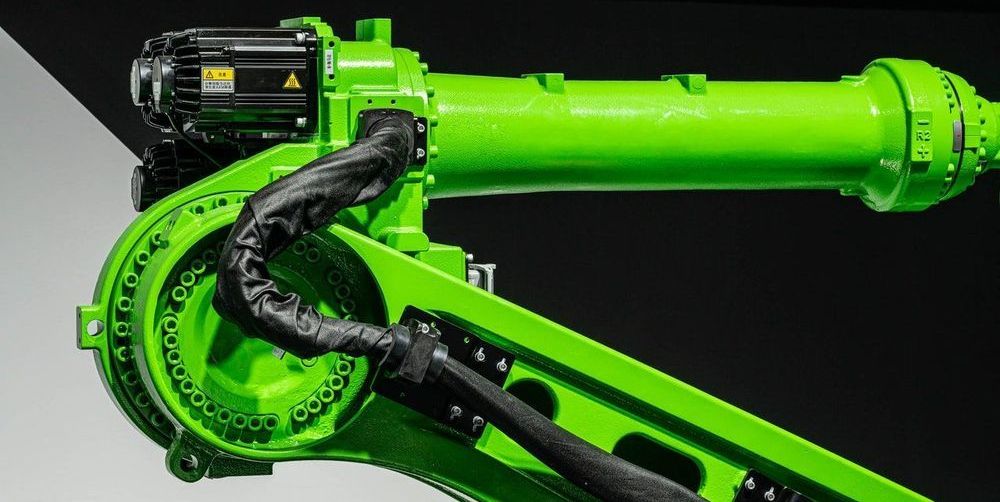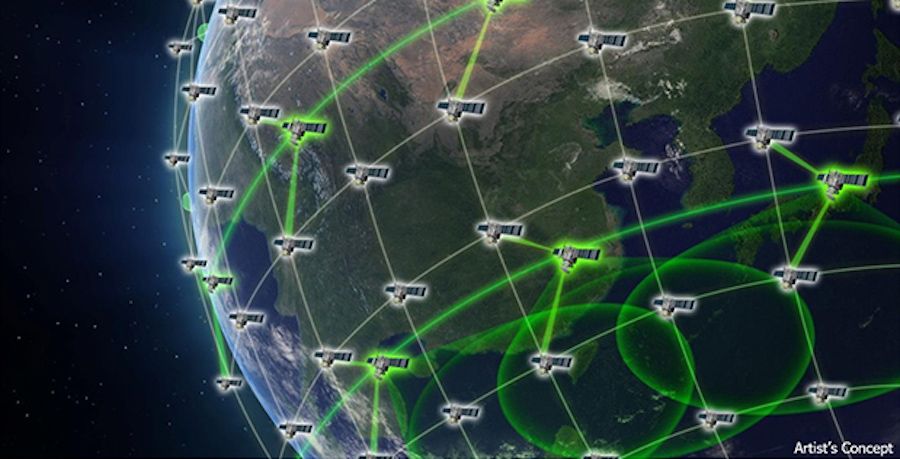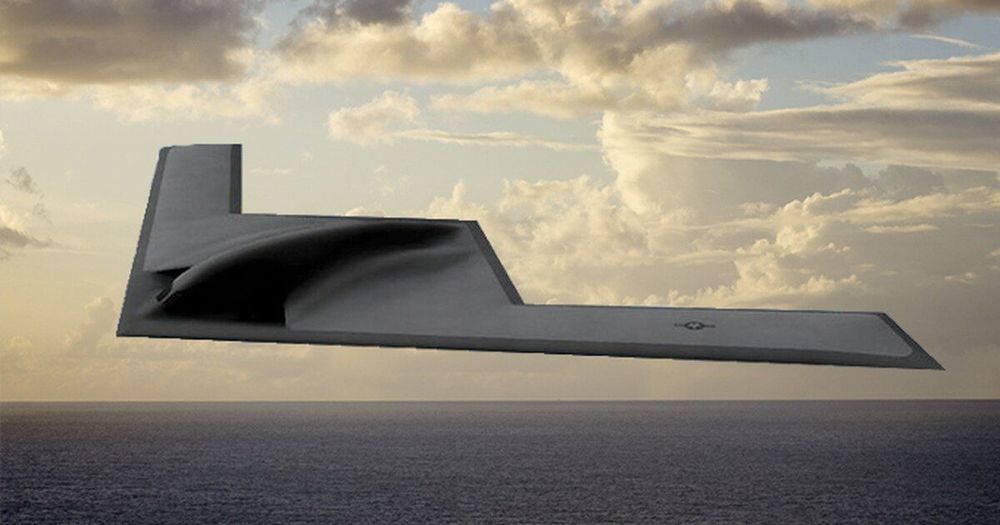The main idea of artificial neural networks (ANN) is to build up representations for complicated functions using compositions of relatively simple functions called layers.
A deep neural network is one that has many layers, or many functions composed together.
Although layers are typically simple functions(e.g. relu(Wx + b)) in general they could be any differentiable functions.
